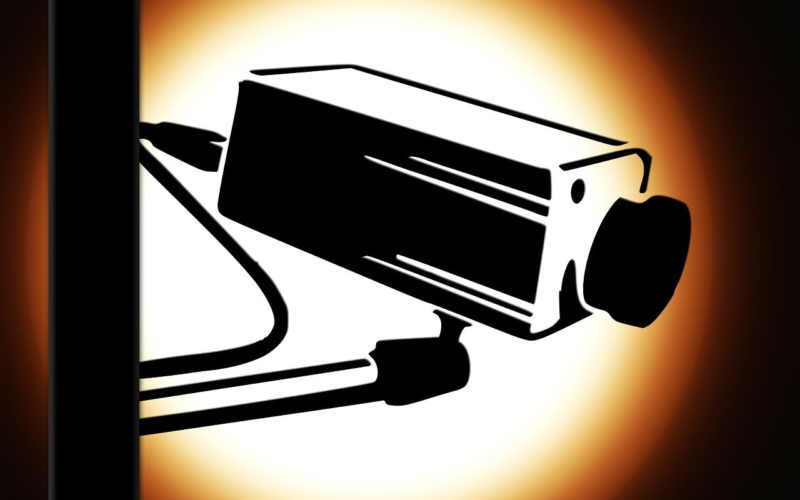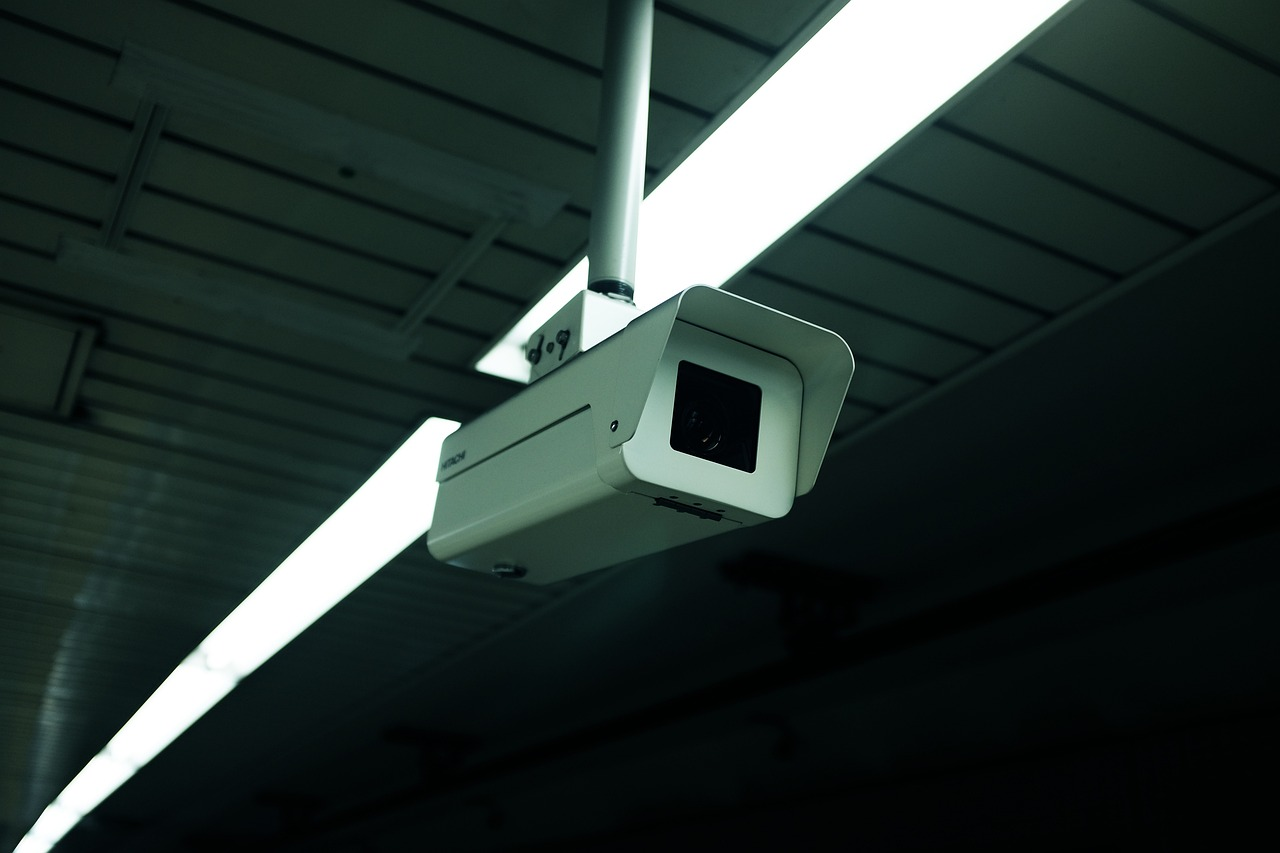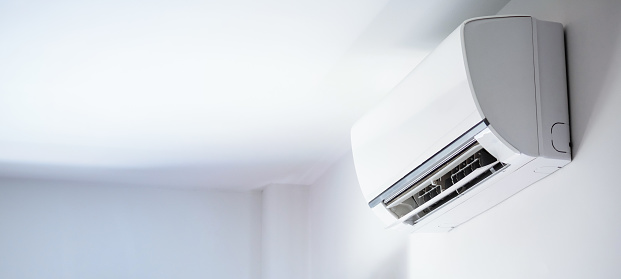
Introduction
Are you contemplating enhancing the security of your home with the installation of some top-notch surveillance systems? Perhaps fancy tech language like ‘CCTV,’ ‘motion sensors’ and ‘night vision’ have been buzzing around your head, or maybe you have concerns about maintaining your aesthetic décor while still prioritizing safety?
Welcome to our comprehensive guide, where we delve into the nitty-gritty details of what you need to know about security cameras. This blog will lead you down the path of knowledge, helping you make an informed decision about the most practical and effective security system for your home.
In the following insightful discussion, expect a deep dive into interesting topics such as why you might need a home security system, what features you should look for, where to place the cameras, and the potential drawbacks associated with them. With no stone left unturned, we will present a thorough analysis of various possible solutions and considerations along your journey of home improvement.
Why You Need A Home Security System
Considering the ever-increasing crime rates worldwide, investing in a robust home security system is no longer an expensive luxury but an essential necessity. Nevertheless, the options could be overwhelming in a sea of various models, each with countless features and price points.
A targeted security system functions not merely as a deterrent to potential thieves, but more critically, as an extended pair of vigilant eyes keenly monitoring your home’s safety 24/7. Although security systems cannot physically hinder a burglar, the mere sight of a surveillance camera often discourages criminals from attempting a burglary.
Perhaps one of the underlying benefits of surveillance systems is the priceless peace of mind knowing your home isn’t an easy target. Securing your home can also significantly bolster your insurance position, often leading to reduced policy premiums.
What Features Are Important?
When it comes to selecting the most appropriate security system, there’s a myriad of features to consider. Primary among these should be video quality. Crystal clear images can mean the difference between recognizing an intruder or letting them get away unidentified.
A good surveillance camera should have night vision capabilities. Most burglaries happen under the cover of darkness, and this feature ensures your security isn’t compromised when the sun goes down. Motion detection is crucial, as it allows the camera to start recording once suspicious movement is detected.
In this digital age, it would be a major pitfall to overlook smart features such as remote access, real-time updates, and integration capabilities with other smart home devices. These features transform your security system from a static piece of hardware to an interactive platform that works seamlessly with the rest of your connected home.
Where To Install Your Security Cameras
Camera placement is arguably as important as the camera itself. It’s critical to maintain a strategic balance between maximum field-of-view and maintaining the aesthetic appearance of your home.
You should aim to cover all entry points — front and back doors, windows, and other potential access points like the garage. Additionally, installing cameras at a higher vantage point helps eliminate blind spots.
While exterior surveillance monitors potential intruders, do not forget about indoor coverage. Internal cameras can serve as added security, monitoring your valuable possessions and loved ones, and deter while detecting internal theft.
Potential Drawbacks Of Home Surveillance Systems
Despite the numerous benefits, home security systems also come with their share of potential drawbacks. Chief among these is the cost. Purchasing the equipment, installation, and continual monitoring services can be a substantial investment.

Privacy issues might arise, particularly with indoor cameras. It’s essential to maintain a healthy balance between safety and intrusiveness. You don’t want to make household members or guests uncomfortable with exhaustive surveillance.
As with any technology-based solution, there is always the risk of failure or malfunction. Issues like Wi-Fi disruptions, dead batteries, and electrical problems can render your sophisticated security system useless if not quickly addressed.
Conclusion
Throughout our exploration of home security cameras and their nuances, we’ve determined that these devices are crucial in empowering homeowners. Their capacity to deter potential criminals, successfully identify intruders, and offer peace of mind is undeniably valuable.
However, finalizing your preferred security system isn’t merely purchasing the most expensive model; it requires careful consideration of features, effective placement, and the balance between safety and privacy. As evident, each house is unique, which necessitates a personalized approach to ensure your chosen security system meshes seamlessly with your lifestyle.
Despite potential drawbacks, the merits of home security systems remain undeniable. Therefore, arming yourself with adequate information, like you have today, goes a long way in enhancing the safety of your home.





